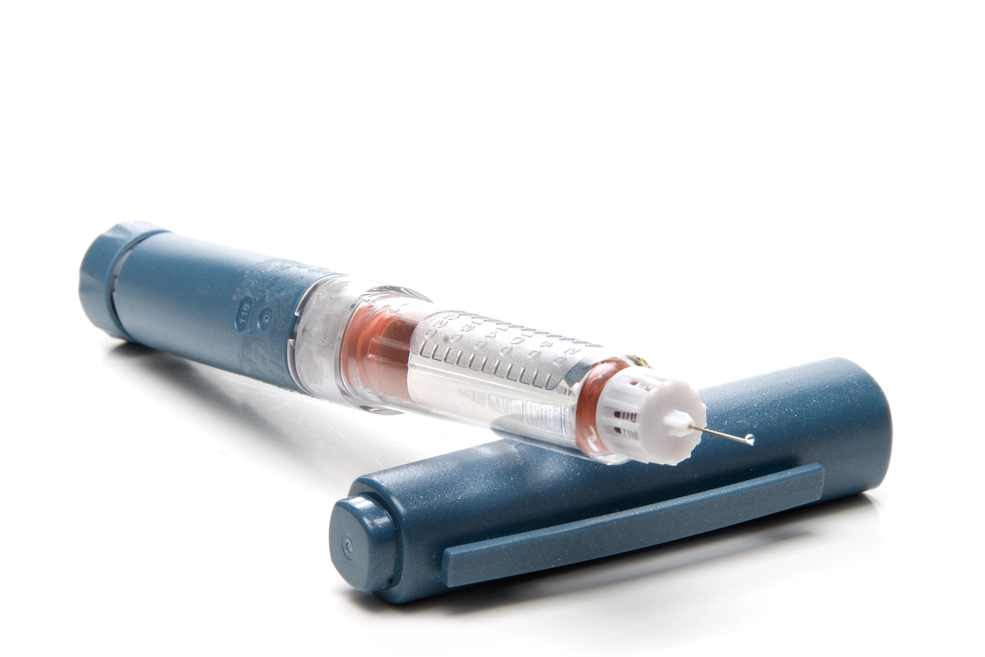Insulin Resistance
Last week we covered a bit about what proper posture looks like, and why it is important. This week I want to return to the nutritional side of health. I am often asked “what type of supplements should I use?” Or “I have been taking a supplement but haven’t noticed a difference”. Having the right nutrients is essential to health. Unfortunately, we have access to a diet that is rich in calories, but not necessarily rich in vitamins and minerals. We have covered in previous articles some of the more important supplements to consider. Today, I want to look at the other side of the coin and consider the effect of the calories on our body. One of the biggest factors dealing with nutrient absorption and utilization in todays world is insulin resistance. Let me explain. When you eat, your body senses the amount of sugar being ingested, and makes a best guess about how much sugar will enter the blood stream. Blood sugar is necessary for energy production, but in order to take sugar out of the blood and into most of the bodies cells, the hormone insulin is necessary. However, not all cells need insulin to absorb blood sugar. Nerve cells, blood vessel cells, and most blood cells do not need insulin to absorb blood sugar. When we eat high sugar food, or processed food that is rapidly absorbed, our blood sugar spikes and we release insulin to absorb that extra sugar into the cells. Insulin works in the blood stream for several hours, but processed foods tend to absorb fast, causing a spike in blood sugar, then a spike in insulin which reduces the blood sugar. However, because the process food absorbs so fast, the sugar spike is dealt with, but insulin is still circulating, causing low blood sugar. This “sugar crash” is often felt if you have a big meal, and then an hour or two later you feel sleepy, fatigued, and maybe even a little hungry. This irregular blood sugar cycle, where blood sugar spikes, insulin spikes, and blood sugar crashes, eventually leads to cells becoming resistant to insulin in an effort to normalize blood sugar. One big issue with insulin resistance is that the liver releases chemicals called “insulin like growth factors”. These chemicals stimulate your body to absorb nutrients in the same way that insulin causes your cells to absorb blood sugar. When the cells become resistant to insulin, it also becomes resistant to insulin like growth factors. This means your body cannot unlock the cells to absorb minerals like calcium and magnesium. This means that no matter how much you supplement, your may still be deficient because of insulin resistance. This is where regular cleanses or fasting can help reset insulin sensitivity and allow your body to begin properly absorbing nutrients again.


